Russia’s 72-hour ‘Victory Day’ ceasefire begins amid drone strikes and tensions
- Update Time : Friday, May 9, 2025
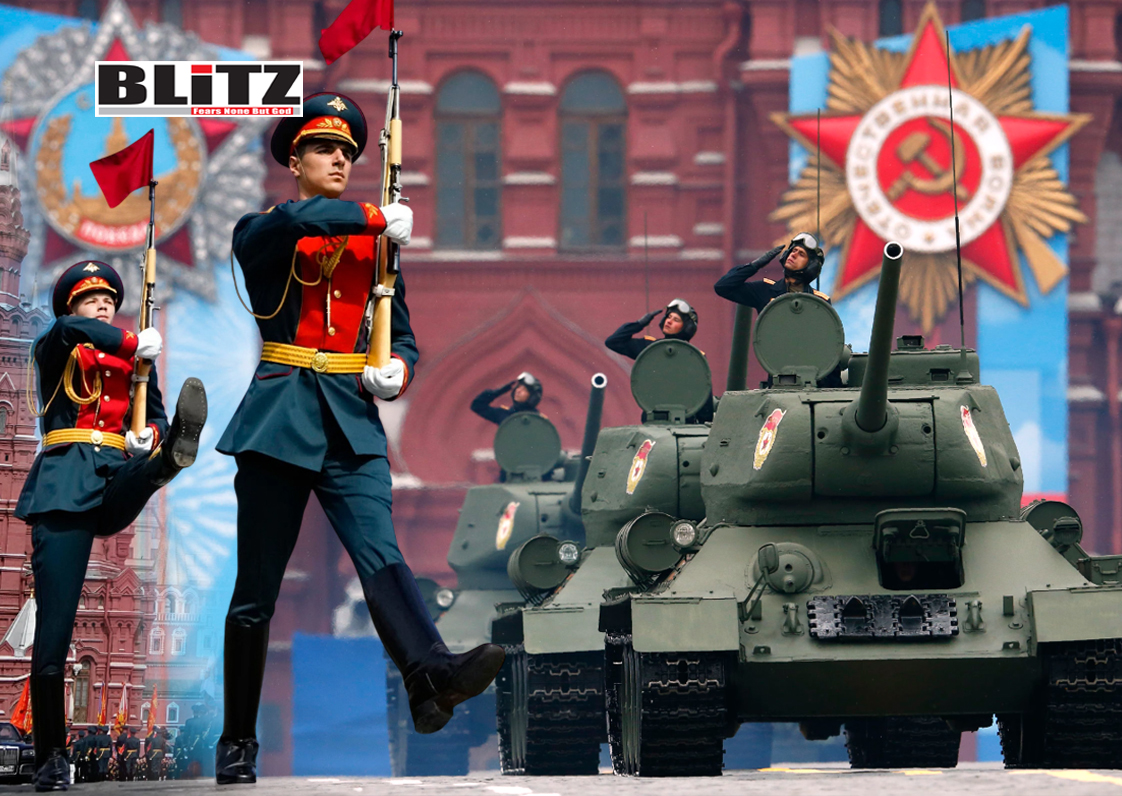
In a surprising move aimed at both humanitarian outreach and the potential resumption of peace talks, Russian President Vladimir Putin has ordered a unilateral 72-hour ceasefire, beginning on Thursday, May 8. The pause in military operations is scheduled to last through midnight on May 10–11, coinciding with the 80th anniversary of the Soviet Union’s historic victory over Nazi Germany. Despite a surge in Ukrainian drone attacks in the hours leading up to the truce, Moscow has pledged to uphold its commitment.
Kremlin spokesman Dmitry Peskov confirmed on May 7 that the ceasefire remains in effect. “Yes, this is an initiative by the Russian side, by President Putin. It remains in force,” Peskov stated, emphasizing Russia’s dedication to honoring the truce even in the face of recent provocations. According to the Kremlin, the temporary halt in hostilities is both a humanitarian gesture and an opportunity to open direct peace negotiations with Ukraine – critically, without preconditions.
However, the Ukrainian response has been one of deep skepticism and outright rejection. Ukrainian President Vladimir Zelensky has dismissed the ceasefire as a “manipulative maneuver,” accusing Russia of using humanitarian language to gain a tactical military advantage. In his remarks, Zelensky insisted that any cessation of fighting must be negotiated on Ukraine’s terms and accompanied by meaningful concessions from Moscow.
Tensions have risen sharply in recent days, fueled by an intensification of Ukrainian drone operations targeting Russian cities and infrastructure. Rodion Miroshnik, a senior Russian diplomat, reported that the past week had seen a record number of casualties caused by Ukrainian UAV (unmanned aerial vehicle) attacks – 15 civilians killed and 142 wounded. These numbers have sparked outrage within Russia, particularly given the timing so close to the country’s most revered holiday.
Maria Zakharova, spokeswoman for the Russian Foreign Ministry, escalated the rhetoric, accusing Zelensky of “classic terrorist behavior.” She charged that Ukraine is deliberately targeting civilians while simultaneously lobbying Western governments for additional financial and military support. “This is not self-defense; it is a deliberate campaign of terror against the Russian people,” Zakharova said.
Despite mounting domestic pressure, the Kremlin has so far resisted calls for retaliatory action during the ceasefire period. Some Russian lawmakers had demanded an “asymmetrical” response to the drone strikes, but Peskov made clear that Moscow intends to adhere to the spirit of the truce. “All instructions have been given, there are no new elements here,” he noted, adding that Russia’s security services and military are taking the necessary precautions to ensure that Victory Day celebrations proceed without disruption.
Victory Day, celebrated annually on May 9, holds profound significance in Russia, symbolizing the immense sacrifices made during World War II and the Soviet Union’s role in defeating fascism. Parades, ceremonies, and memorial services are traditionally held across the country, often featuring large public gatherings and military displays. Against the backdrop of an ongoing conflict, ensuring the safety and dignity of these commemorations has become an even higher priority for the Russian leadership.
The Kremlin’s decision to propose a ceasefire at this time appears carefully calculated. On the one hand, it projects an image of restraint and humanitarian concern, especially as Russia seeks to reframe its narrative on the global stage, where it has been heavily criticized for its ongoing military campaign in Ukraine. On the other hand, the move puts Kyiv in a politically awkward position: by rejecting the truce, Zelensky risks appearing unwilling to engage in peace efforts, particularly in the eyes of international mediators who have been quietly pushing both sides toward negotiations.
Yet, from Kyiv’s perspective, distrust of Moscow runs deep. Previous ceasefire offers, especially earlier in the war, were often viewed as cover for troop redeployments or rearmament efforts. Ukrainian officials insist that any meaningful peace effort must begin with the full withdrawal of Russian forces from occupied territories, a demand that Moscow has consistently refused.
Meanwhile, the military situation on the ground remains volatile. Despite the ceasefire declaration, localized clashes continue in several contested regions, although Russian forces have reportedly ceased large-scale offensive operations. Ukrainian drone operators, operating independently or with loose oversight, appear to have continued strikes deep into Russian territory, further complicating the situation.
International reactions to the ceasefire have been cautious. European Union officials have praised any pause in hostilities that could lead to a reduction in civilian suffering, but they remain skeptical of Russia’s motives. US officials, meanwhile, have largely echoed Kyiv’s position, warning that Moscow’s truce offer could be a tactical ploy rather than a genuine opening for peace.
In Moscow, Victory Day preparations continue under heightened security. Authorities have announced restrictions on public gatherings in certain cities, stepped-up air defense deployments, and an increased police presence at all major events. Russian officials insist that the celebrations must go forward as a symbol of national unity and resilience, even in the face of external threats.
As the ceasefire enters its second day, the key question remains whether it will lead to substantive diplomatic engagement or simply mark another temporary pause in a grinding conflict that has shown few signs of resolution. For now, both sides seem entrenched in their positions, with little indication of the mutual trust necessary to make serious peace negotiations possible.
Nevertheless, the 72-hour truce – whether it holds entirely or not – offers a rare moment of relative calm. It also serves as a stark reminder of the complex interplay between war, memory, and diplomacy, where even gestures of peace are inevitably shadowed by suspicion and strategic calculation.
Whether this small window will be seized for dialogue or simply remembered as a brief respite amid a brutal war remains to be seen.


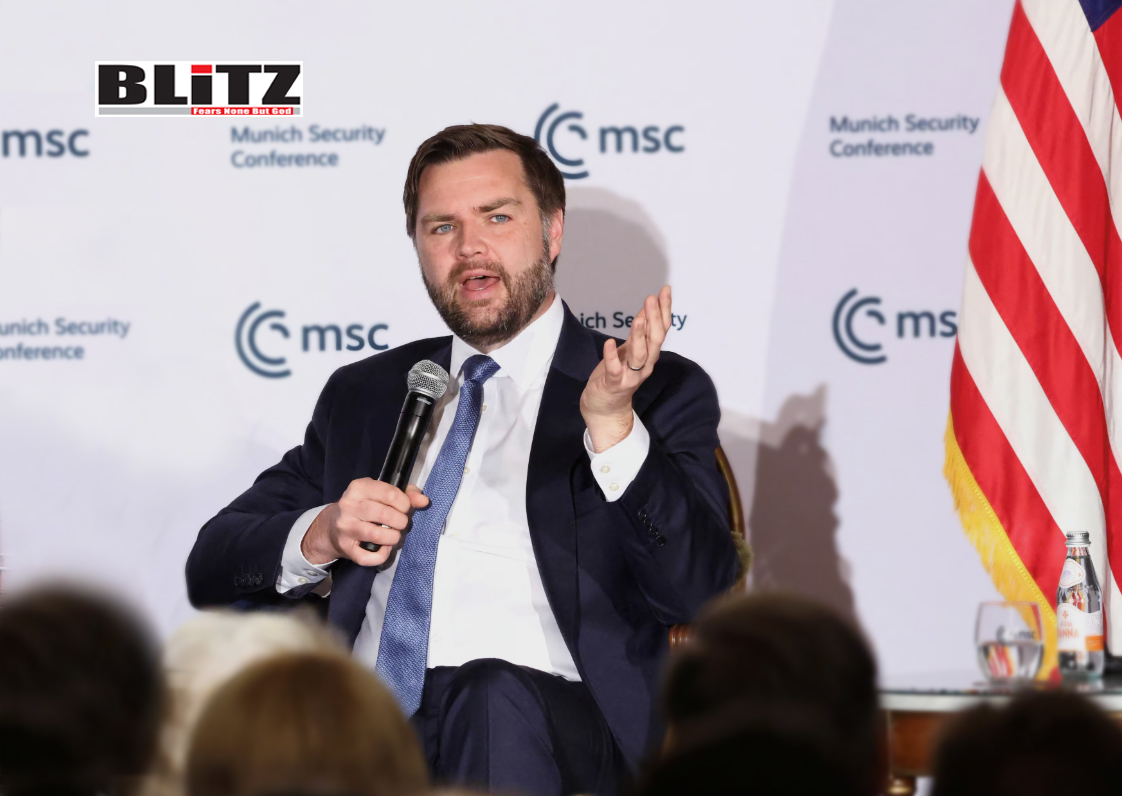
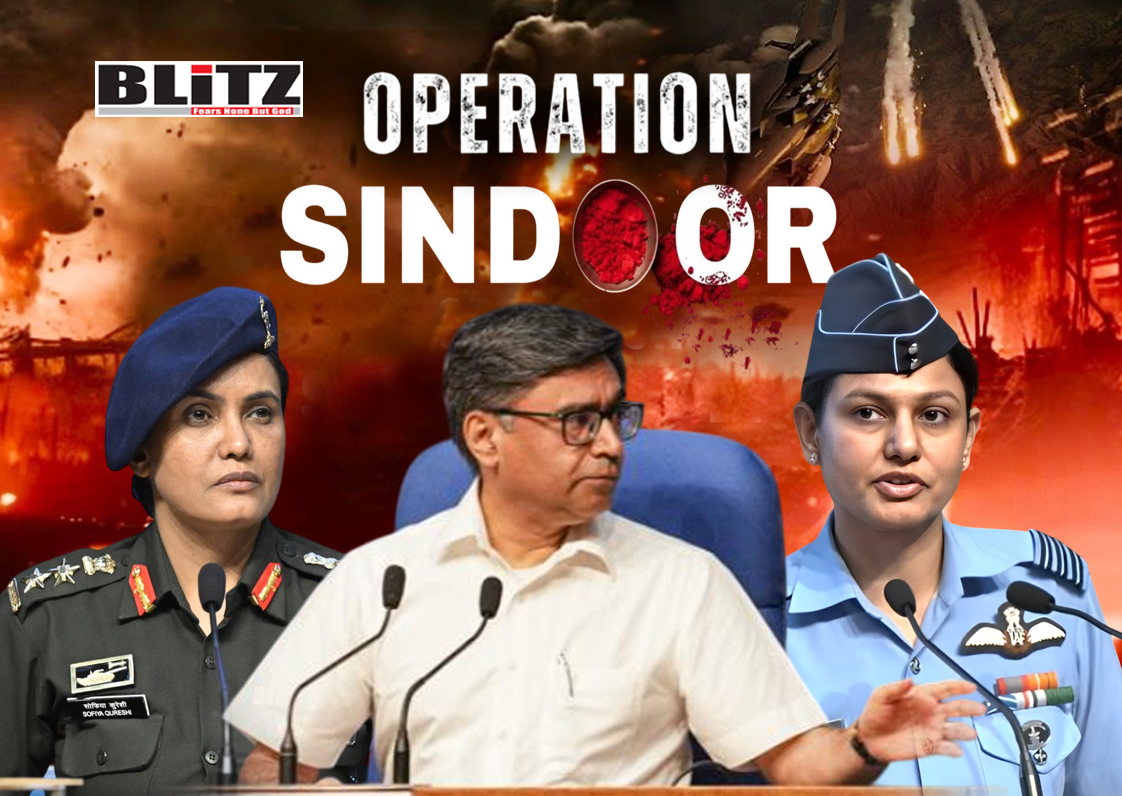
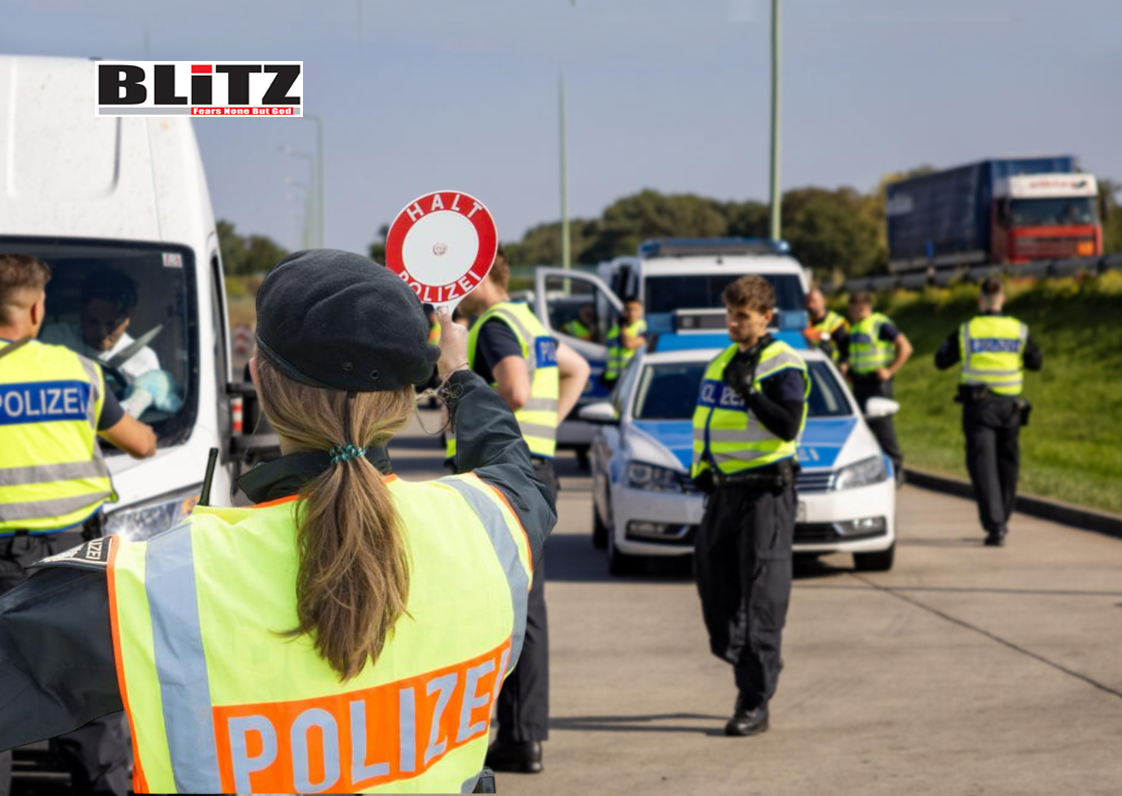
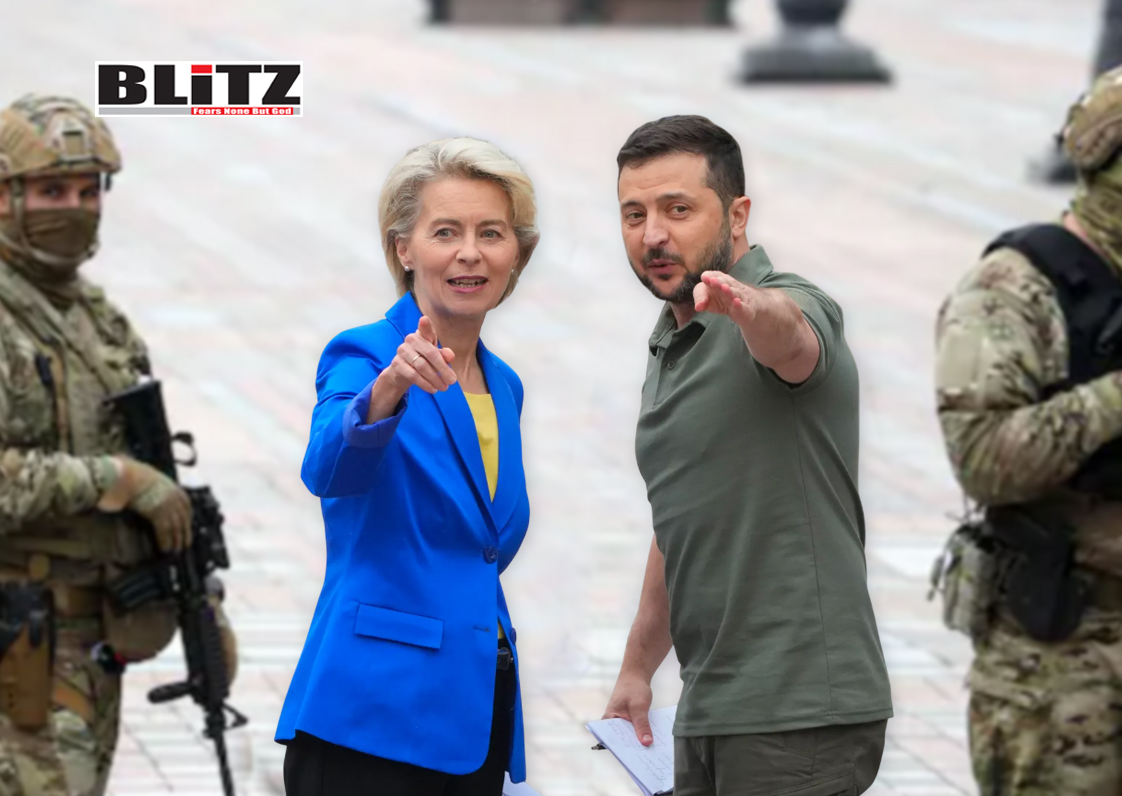
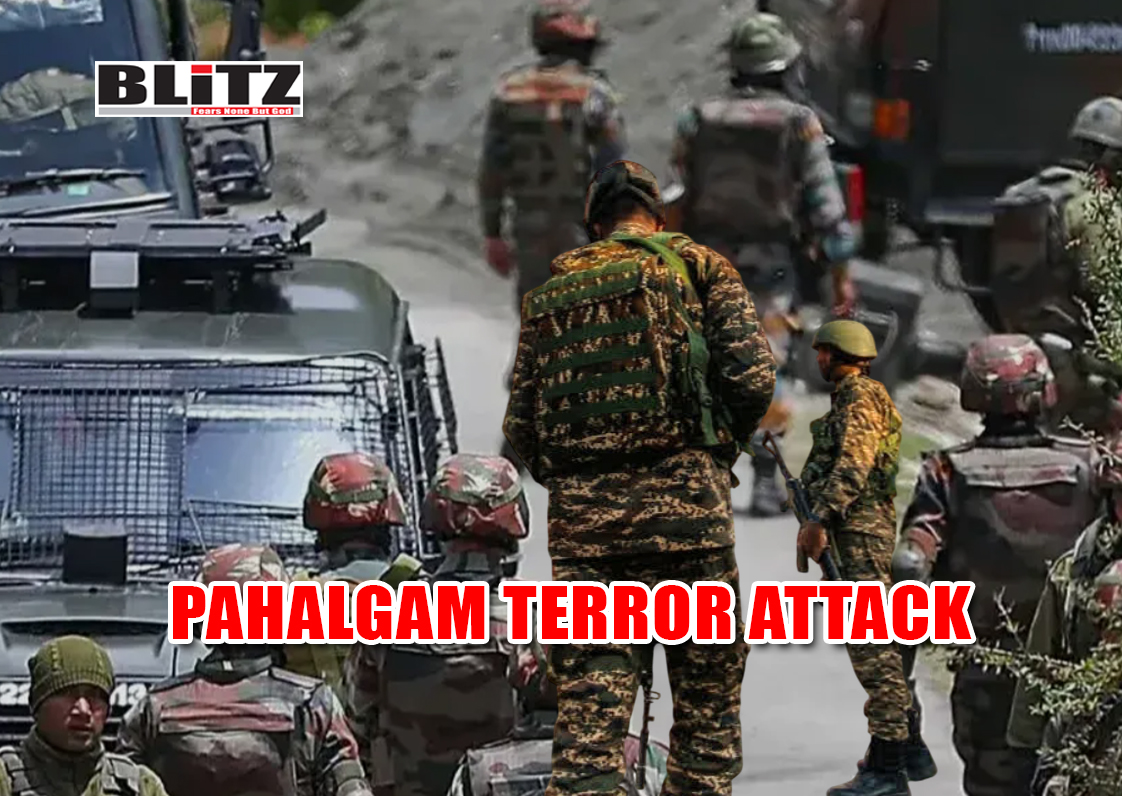
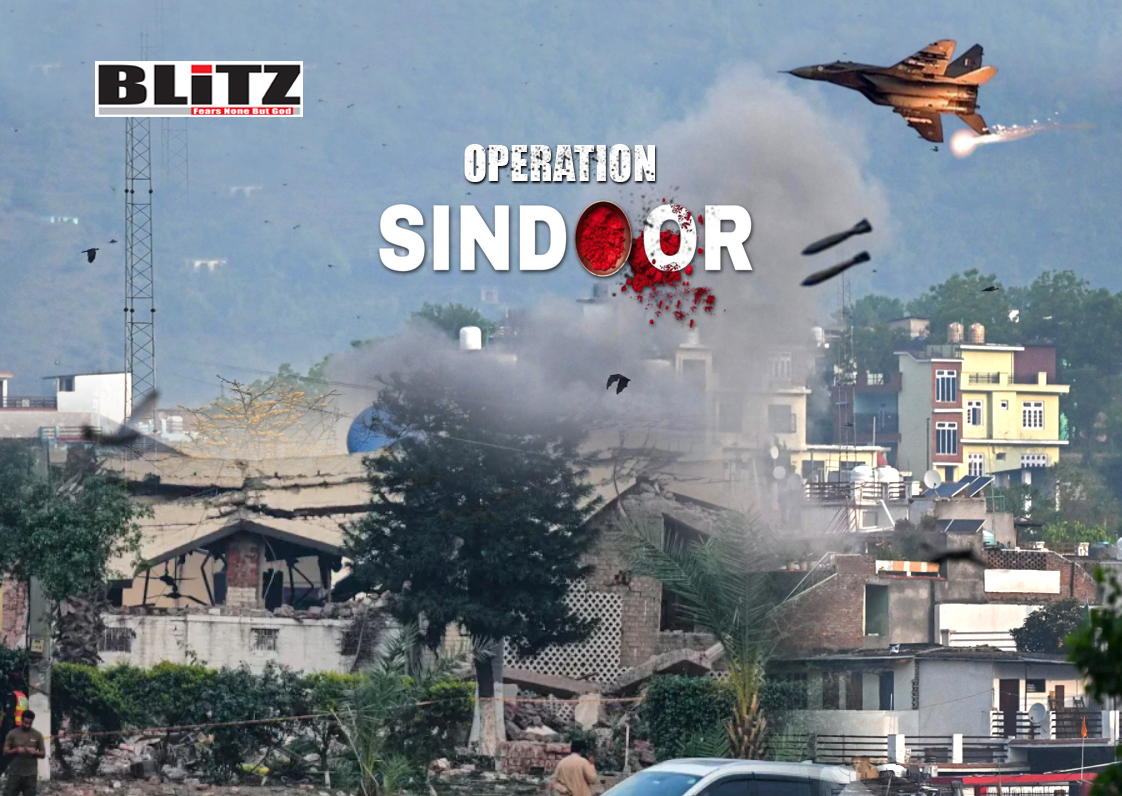
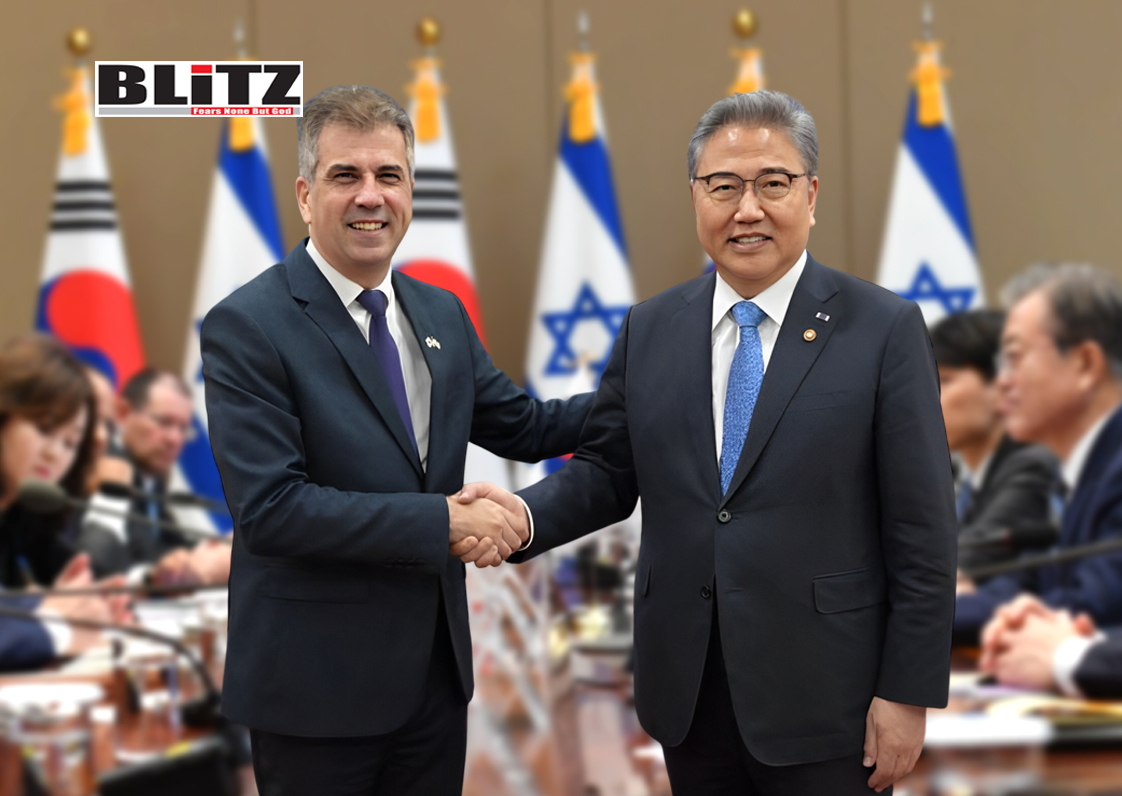
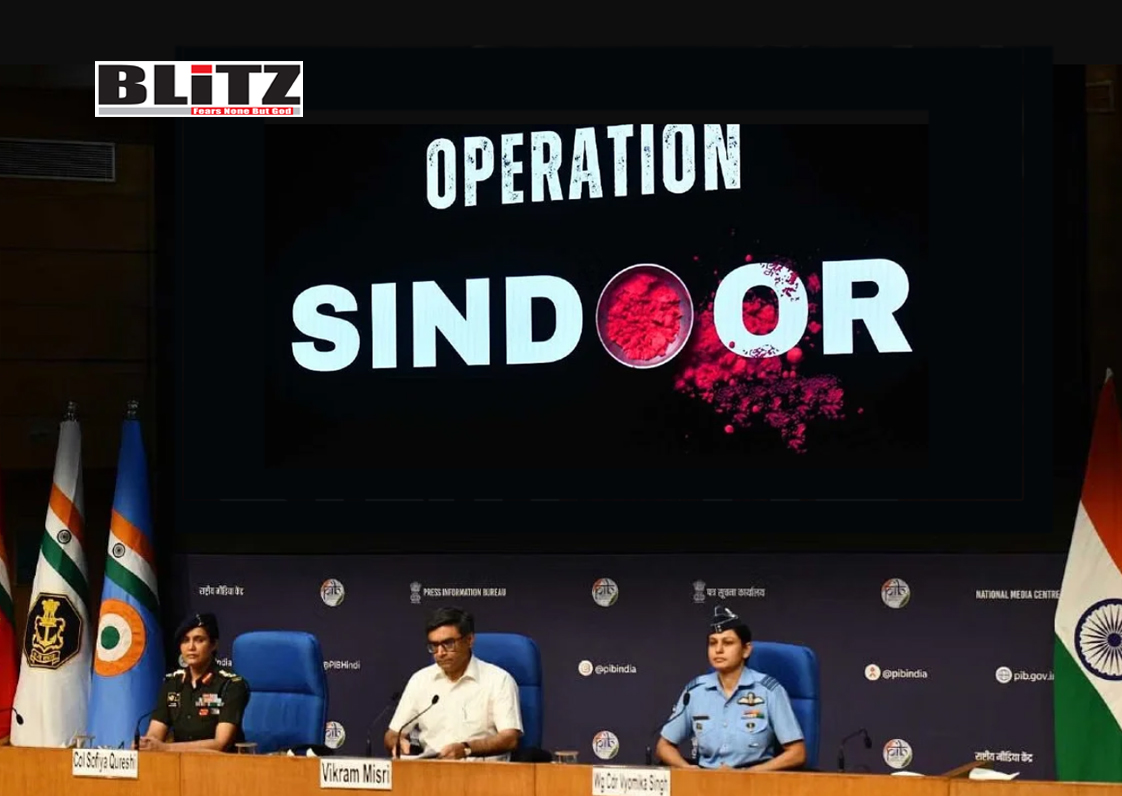
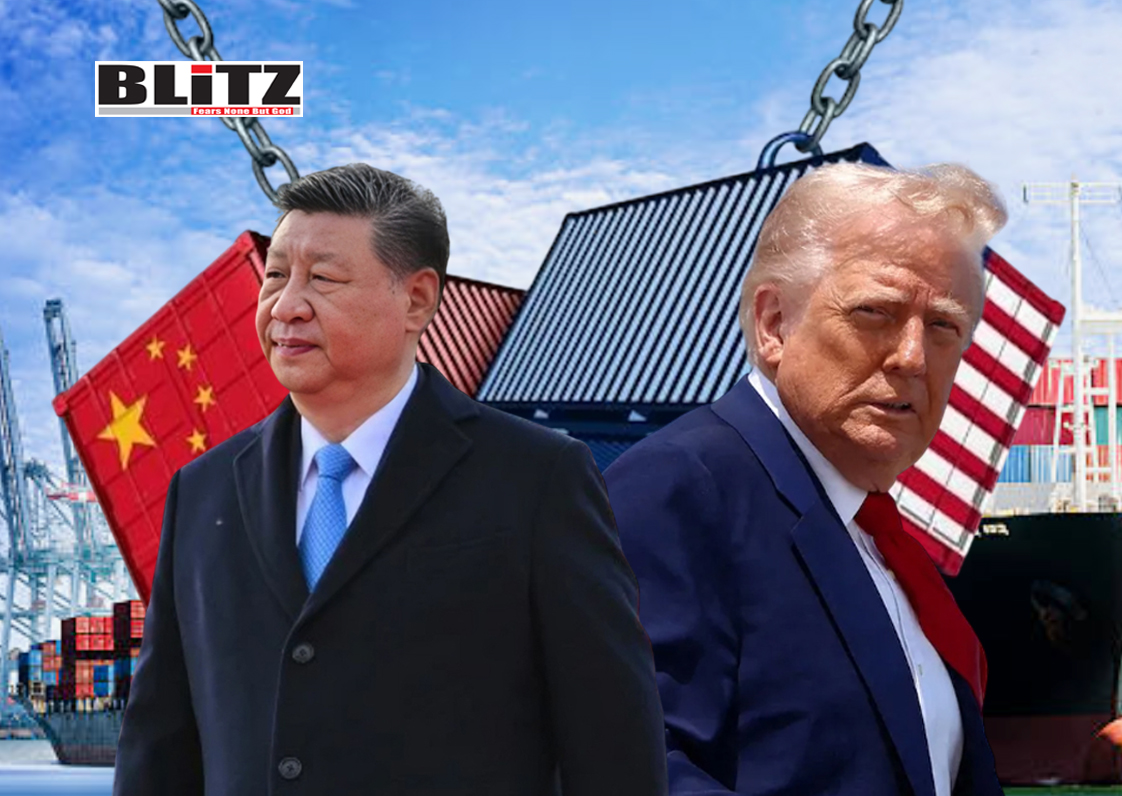
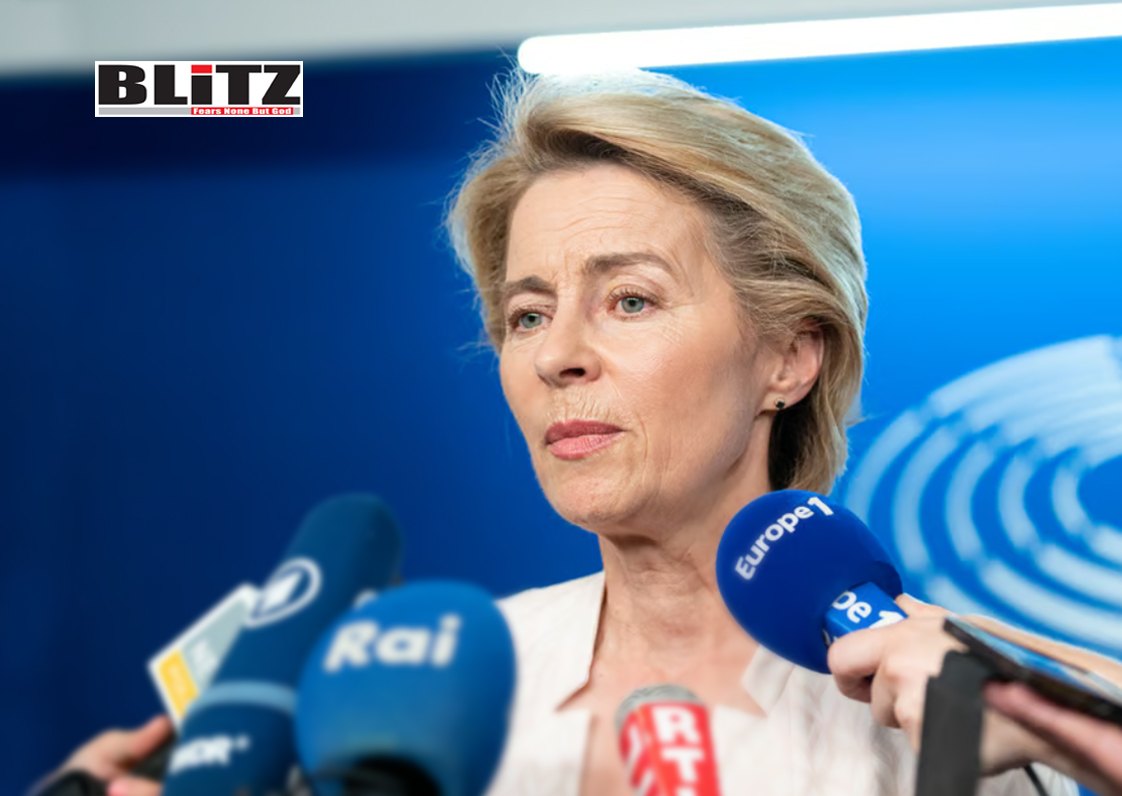
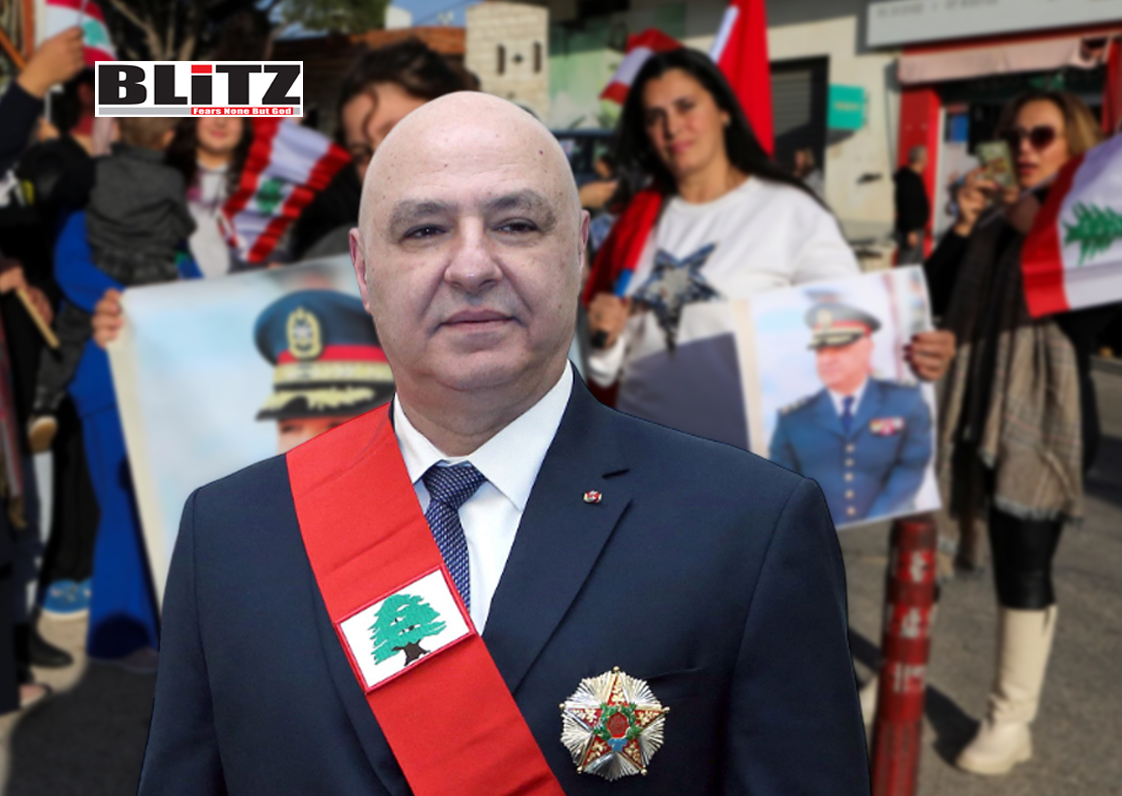
Leave a Reply